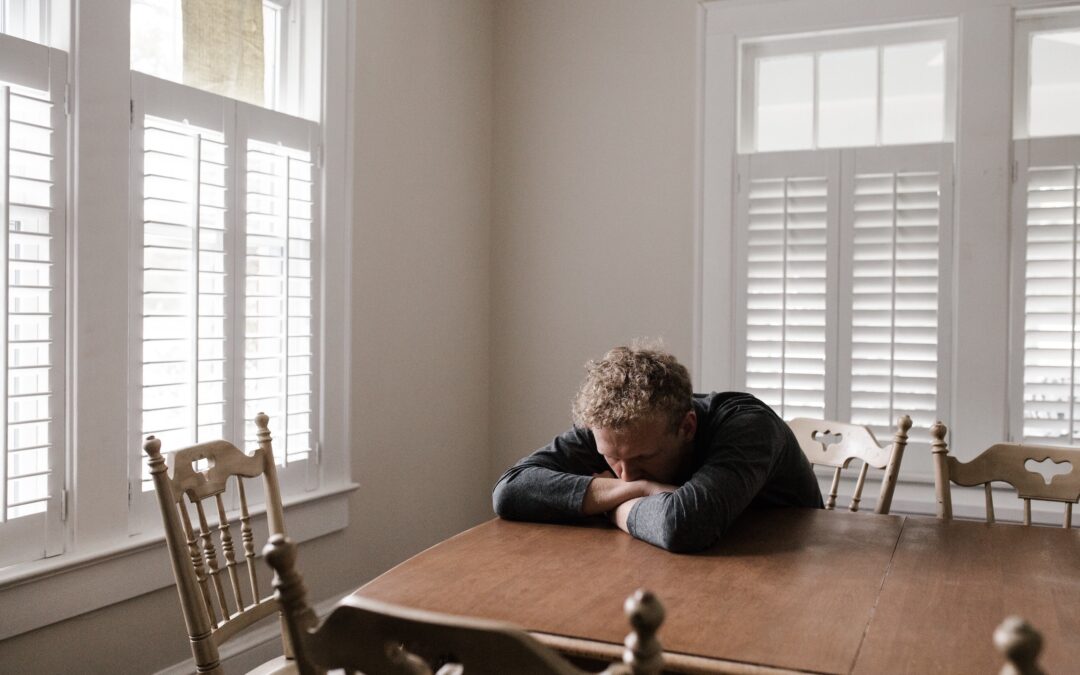In the previous post, we looked at some of the most common and obvious thinking traps that happen to us in reaction to a stressful or distressing situation such as catastrophising and assuming the worst-case scenario.
In this post we’re looking at some more – these are perhaps more nuanced and might take a little more awareness to recognise when you’ve fallen into one of them:
Judgements: Making evaluations or judgements about events, ourselves, others, or the world, rather than describing what we actually see and have evidence for.
Ask yourself: I’m making an evaluation about the situation or person. It’s how I make sense of the world, but that doesn’t mean my judgements are always right or helpful. Is there another perspective?
Prediction: Believing we know what’s going to happen in the future.
Ask yourself: Am I thinking that I can predict the future? How likely is it that this might really happen?
Compare & despair: Seeing only the good and positive aspects in others, and getting upset when comparing ourselves negatively against them.
Ask yourself: Am I doing that ‘compare and despair’ thing? What would be a more balanced and helpful way of looking at it?
Should & musts: Thinking or saying, “I should” (or shouldn’t) and “I must” puts pressure on ourselves, and sets up unrealistic expectations.
Say to yourself: Am I putting too much pressure on myself, setting up expectations of myself that are almost impossible? What would be more realistic?
Critical Self: Putting ourselves down, self-criticism, blaming ourselves for events or situations that are not (totally) our responsibility.
Ask yourself: There I go, that internal bully is at it again. Would most people who really know me say that about me? Is this something that I am totally responsible for?
Memories: Current situations and events can trigger upsetting memories, leading us to believe that the danger is here and now, rather than in the past, causing us distress right now.
Say to yourself: This is just a reminder of the past. That was then, and this is now. Even though this memory makes me feel upset, it’s not actually happening again right now
You might notice that these thinking traps are either directed more towards the self or they are broad generalisations and, as with the examples from last week, notice how they are ALL polarising and extreme – there is no middle ground, it’s either ‘black or white’ or ‘all or nothing’.
Stress makes us laser-focus on things, seeing them as worse than they are or could be. A mind that is wired on stress hormones is trying to find answers to predict what will happen so that it can feel safe and back in control.
The first step is recognising when you’re falling into any of these traps so that you can then consciously work on shifting your thinking by considering a different perspective. I hope these recent posts are helping you to become more aware of your thinking patterns when you feel stressed.
In the next post we’ll be looking at a specific tool that can help you work through this process
Kate x
And, remember, if you’re struggling with any of these issues I talk about here please reach out and get intouch for a complimentary consultation where we can discuss your situation and how I might be able to help you.


